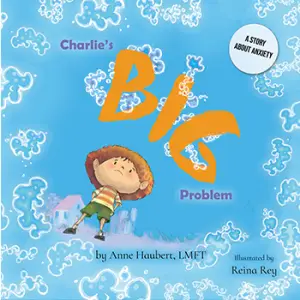A Journey Through Language and History: Code Talker: The First and Only Memoir By One of the Original Navajo Code Talkers of WWII
When I stumbled upon Code Talker—the memoir by Chester Nez—I was drawn in by the rich tapestry of history stitched within its pages. As someone who believes that language embodies culture, I was curious to see how the Navajo language transformed into an unbreakable code during one of the most tumultuous times in history. Nez’s story is not just a memoir about war; it’s a celebration of identity, resilience, and the fight against erasure.
Nez’s narrative offers an insightful look at his life as a Native American navigating the harsh realities of discrimination in a boarding school. As a child, he was punished for speaking his native language, yet the same language would become a tool that would help secure victory for the United States in WWII. His experiences growing up in New Mexico, imbued with rich cultural heritage, are beautifully intertwined with the intense moments of combat that he faced in the Pacific theater.
What resonated profoundly with me was how Nez transformed personal struggle into collective triumph. He doesn’t shy away from sharing the psychological toll of war, juxtaposing that heaviness with the pride of being a code talker—the role in which he and his peers turned their heritage into a secret weapon. The way Nez recounts his experiences—a blend of personal memories and historical facts—creates an intimate connection. The pacing is engaging, allowing readers to feel the weight of every word while maintaining an accessible style that never feels heavy-handed.
Nez’s writing is rich with vivid imagery and emotional depth. I was particularly struck by his reflections on the camaraderie among the code talkers, described as “brothers in arms,” and his reverence for their cultural roots. One standout quote that lingered with me was: "We were warriors, not just of our land, but for our language.” It’s a powerful reminder that language carries the essence of identity and can become a formidable weapon in its own right.
The inclusion of actual Navajo code and rare photographs elevates the reading experience further, allowing the reader to grasp the profound impact of the code talkers on the war and, importantly, on their own communities.
I believe Code Talker is a must-read for anyone interested in World War II, Native American history, or simply the human spirit’s resilience. Chester Nez’s story is a poignant reminder of the power of voice—both in the literal and metaphorical sense—and the enduring legacy that one can leave behind.
In sharing this engaging journey through language and history, I found myself not only learning but also feeling a deep sense of connection to the past. This memoir has cemented its place in my heart, and I highly recommend it for anyone seeking to understand the complexities of heritage and the strengths that arise in the face of adversity.







